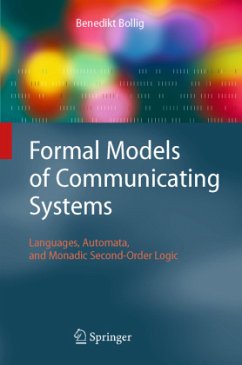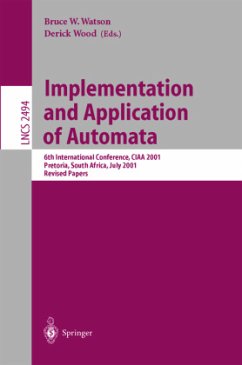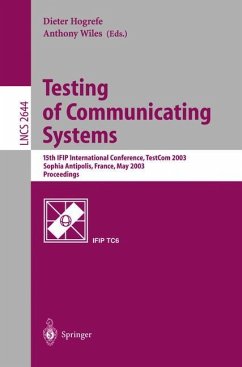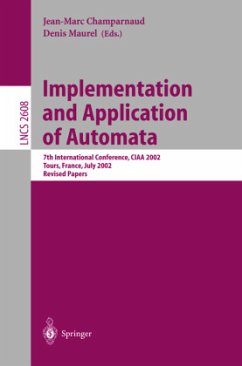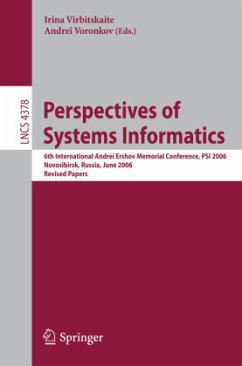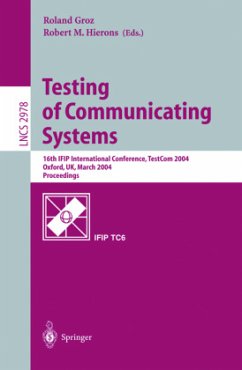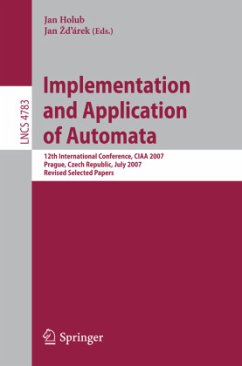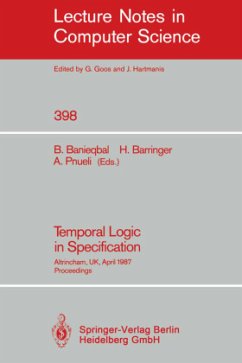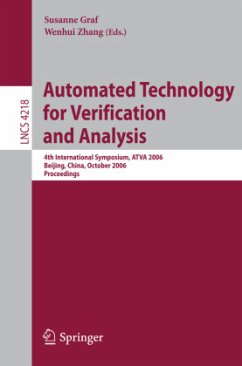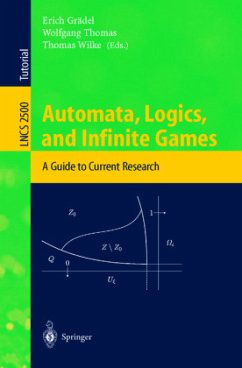
Formal Models of Communicating Systems
Languages, Automata, and Monadic Second-Order Logic
Versandkostenfrei!
Versandfertig in 6-10 Tagen
38,99 €
inkl. MwSt.
Weitere Ausgaben:

PAYBACK Punkte
19 °P sammeln!
This book studies the relationship between automata and monadic second-order logic, focusing on classes of automata that describe the concurrent behavior of distributed systems. It provides a unifying theory of communicating automata and their logical properties. Based on Hanf's Theorem and Thomas's graph acceptors, it develops a result that allows characterization of many popular models of distributed computation in terms of the existential fragment of monadic second-order logic.




